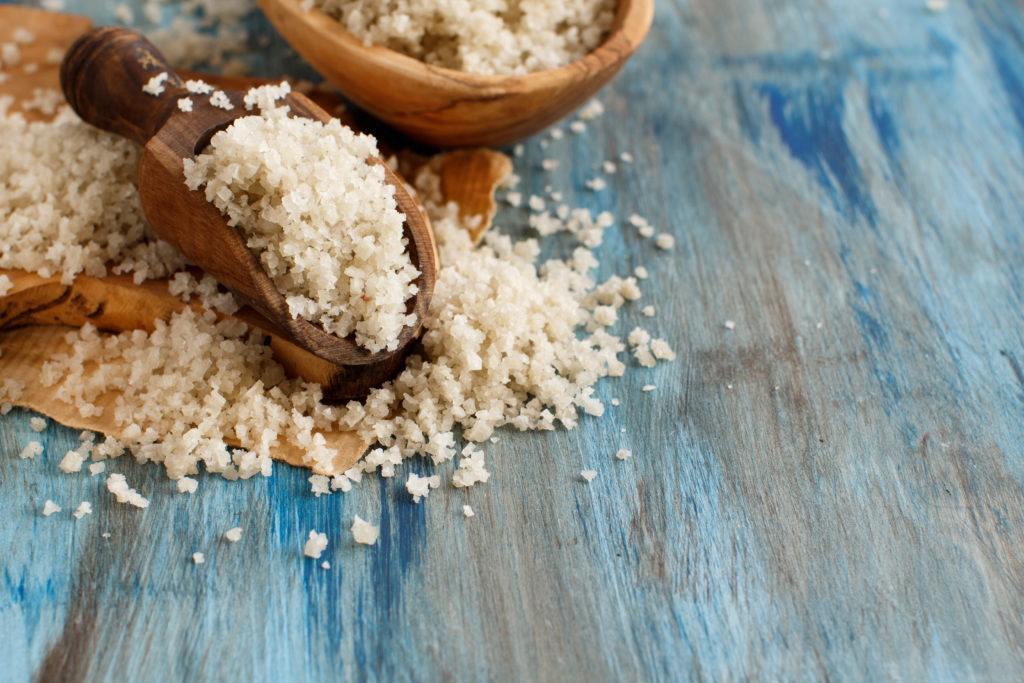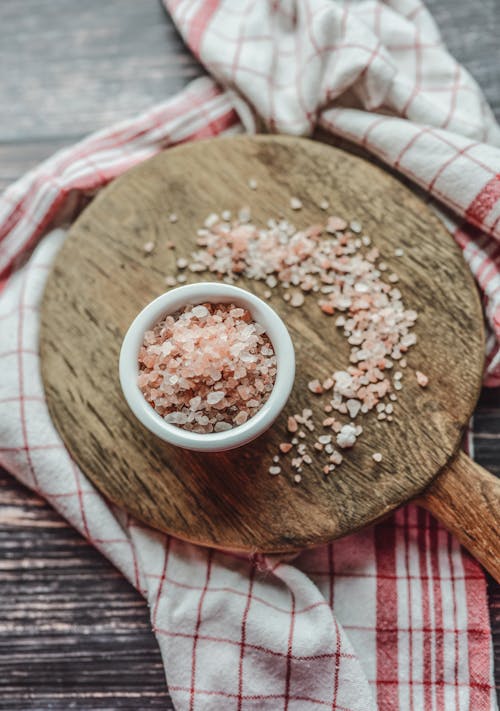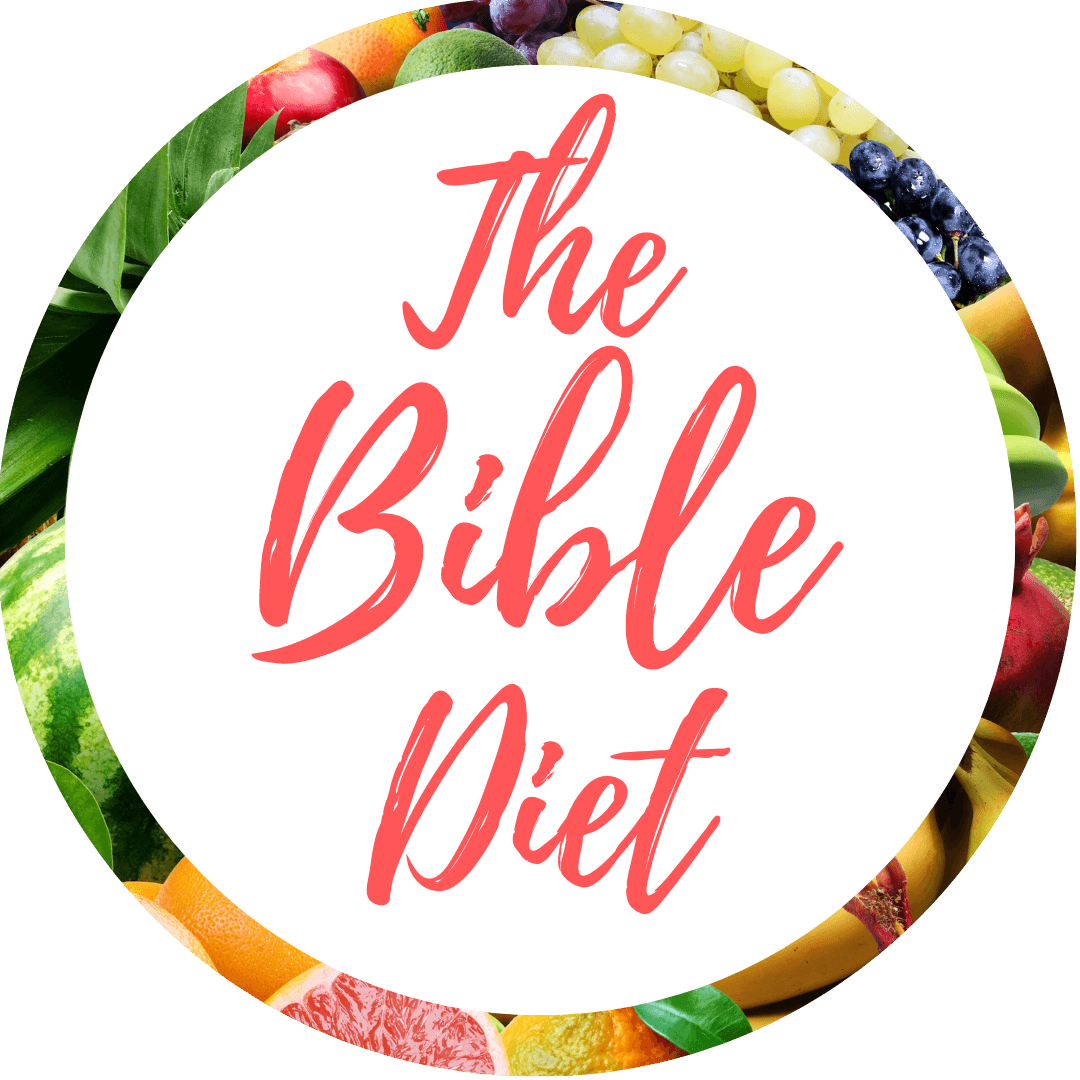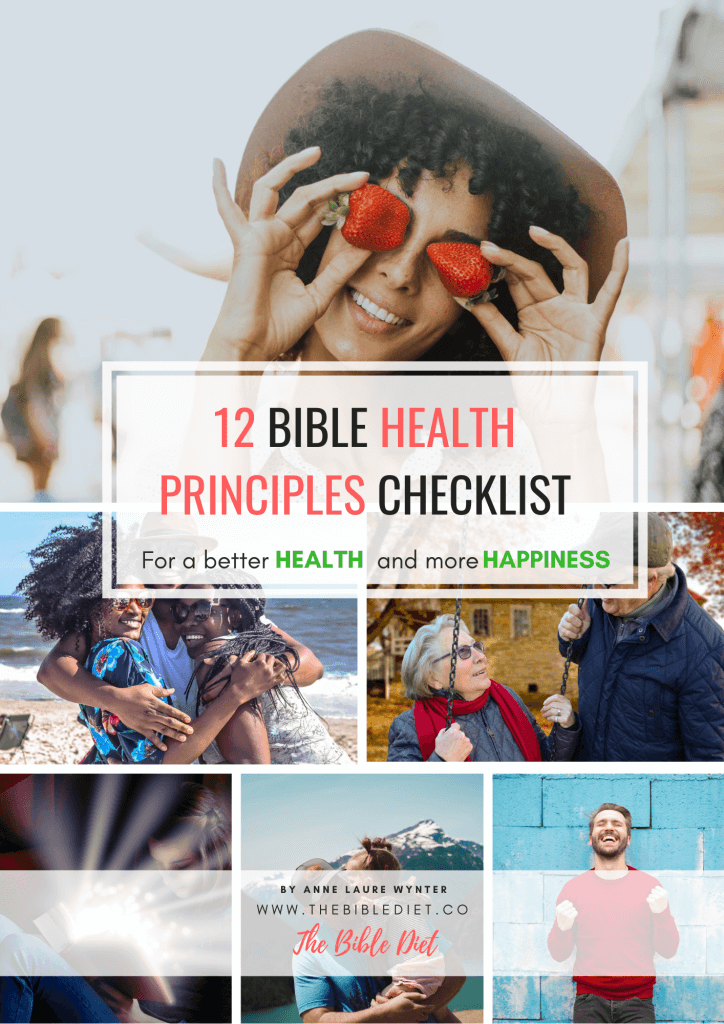 For some time, sodium has been linked to high blood pressure, which can cause damage to your blood vessels and arteries. It is known that high blood pressure elevates the risk of kidney disease, heart disease, stroke, and heart failure. As a consequence, many health authorities have made guidelines to limit the intake of sodium.
For some time, sodium has been linked to high blood pressure, which can cause damage to your blood vessels and arteries. It is known that high blood pressure elevates the risk of kidney disease, heart disease, stroke, and heart failure. As a consequence, many health authorities have made guidelines to limit the intake of sodium.
Nevertheless, recent studies show that sodium is actually necessary for good health. Indeed sodium is actually critical for healthy blood pressure. It is one of our body’s electrolytes, which are minerals that create electrically charged ions.
The majority of the sodium in our body is in our blood and in the fluid around our cells, and it contributes to keeping these fluids in balance. In addition, sodium plays a major role in normal nerve and muscle function and in proper digestion. Also, we lose sodium on a daily basis through our urine and sweat for example, and it is, therefore, necessary to add sodium to our diet.
What is the real issue with sodium?
The Institute of Medicine recommends that healthy adults consume 1,500 mg of sodium a day. People who are very active and who therefore sweat a lot can consume more sodium. Not everyone responds to sodium the same way, and people with high blood pressure, diabetes, chronic kidney disease or other health issues might have to consume less sodium and should follow their doctor’s recommendations.
Over-consumption of sodium
Today, most people in developed countries especially, consume more sodium than the recommended daily intake. For example, Americans consume an average of 3,400 mg of sodium per day, 9 out of 10 Americans consume too much sodium, and 77.9 million American adults have high blood pressure.
The Prospective Urban Rural Epidemiology trial (PURE) conducted one of the largest studies on the topic of sodium and high blood pressure. They analyzed the urine sodium levels of more than 100,000 people from 18 countries on 5 continents, and the researchers found that those who consumed more sodium had a significantly higher blood pressure than those with lower intakes. And other scientists have used the same population to demonstrate that people who consumed too much sodium were increasing their risk of heart disease. Also, children who consume too much sodium are 2 times more likely to develop high blood pressure than children consuming a good quantity of sodium.
Over-consumption of sodium can lead to the following:
- High Blood Pressure
- Stroke
- Heart Failure
- Osteoporosis
- Stomach Cancer
- Kidney Disease
- Kidney Stones
- Enlarged Heart Muscle
- Headaches
- Increased Water Retention, Leading to:
- Puffiness
- Bloating
- Weight Gain
Under-consumption of sodium
Even if deficiencies in dietary sodium are rare, many people have been and are affected by it. Reducing sodium intake in a too-large quantity can be detrimental to good health.
A review study has been conducted which comprised more than 133,000 people with and without high blood pressure. Participants were from 49 countries across 6 continents. This review showed that without considering blood pressure, people who didn’t consume enough sodium were more likely to have heart disease than those consuming enough sodium.
Good and Bad Sodium Products
For people having health issues and who have been recommended by their doctor to reduce sodium intake, and even for healthy people, there are types of food and salts to avoid and other types to
prefer.
The Bible says: “Ye are the salt of the earth: but if the salt has lost his savour, wherewith shall it be salted? it is thenceforth good for nothing, but to be cast out, and to be trodden under foot of men.” -Matthew 5:13-16
If Christians lose their love for God and for others, they will become powerless. It is the same for salt if it loses its nutrients it will become powerless.
Barbara O’Neill (Christian naturopath and nutritionist) recommends:
The best salt would be Celtic salt which has 84 minerals, and it also has 3 different magnesium. Magnesium has more than 300 uses in our bodies. For example, it keeps our body cells hydrated, it helps water to go into the cells, and remove toxins and chemicals. Himalayan salt is also a good salt, as it has 84 minerals too but it contains less magnesium. And table salt only has 2 minerals and is generally chemically treated. Barbara also recommends to those who feel a lack of energy during the day to take a pinch of Celtic sea salt on the tongue before drinking water two times a day at least, which will hydrate the cells. And to do this only between meals.

More recommendations for sodium avoidance:
- Avoid processed foods
- Avoid restaurant foods. (Or if you frequently eat outside ask if it is possible to not add any salt to your food. And bring sea salt with you that you’ll put in decent quantity)
- Avoid cooking with or adding table salt to your food (Instead, use a recommended salt above)
- Choose unsalted nuts or seeds
- Rinse canned vegetables and legumes underwater before you use them
- Avoid or strongly reduce the amount of salty snacks



